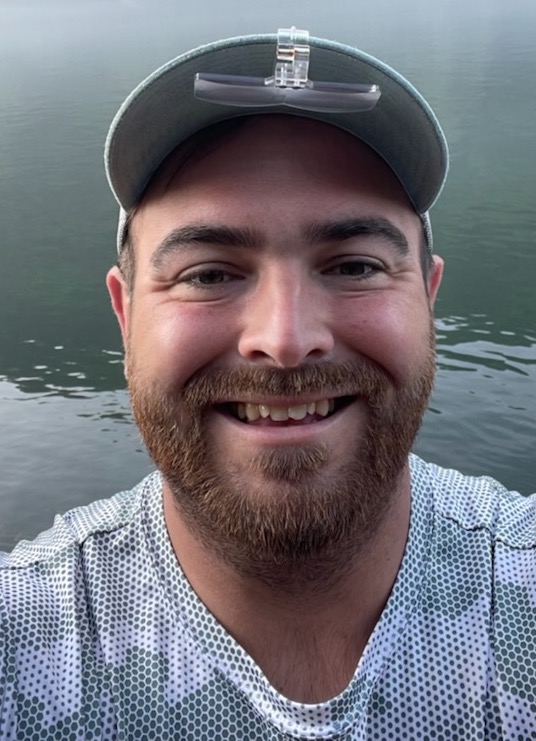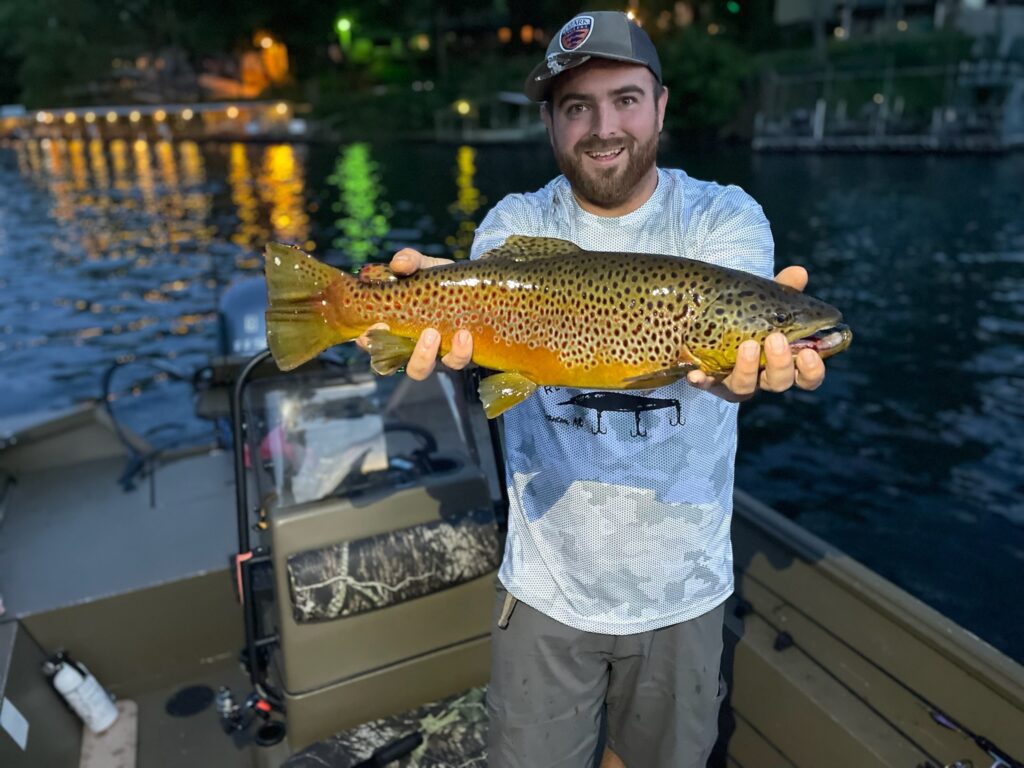Blake Wilson Comes of Age In Recovery

In September, 2018, Blake Wilson found himself standing at a crossroads. The young man in his mid-20s, some seven years into his addiction, had finally managed to alienate his caring family. His friends were long gone. As for his family, they’d stuck with him when others didn’t, and they had supported and encouraged him all the way. In fact, they loved him to the point of enabling, always hoping for the best, while only receiving the very worst in return.
When even his family had forsaken him, Blake found himself in a dark place. He didn’t feel angry or betrayed. This was something different. For the first time in his young life, Blake felt completely and utterly alone. He was drowning in solitude and self-loathing. There was no denying it, he no longer mattered to anybody. It was a long way from where he started in life.
Growing up in Columbia, Missouri, Blake was raised in a good Christian family and enjoyed an altogether normal upbringing. He did pretty much everything kids ordinarily do, with a healthy smattering of church on top. Blake excelled in sports, particularly track and field. There were even hopes of him getting a scholarship to help pay for his college education. He wanted to become a conservation agent or, in his wildest hopes, a professional angler. Blake always loved the outdoors, water, and fishing.

His life’s dreams were sidetracked when he suffered a serious knee injury while still in high school. “I spent a lot of time recovering from that,” he remembers, “in the downtime I met a different group of friends who smoked weed, and I started getting into that.” Blake ended up getting more than he bargained for, trading out a young adult’s life in exchange for weed.
Lest anybody think that marijuana is safe and consequence free, consider the following. Blake abandoned sports as well as his plan to attend college and pursue a career in wildlife conservation. He also went more than $15,000 in debt attending a welding technical college that maintained a strict zero tolerance policy for drugs (also while under the influence). Upon graduating, he declined to seek work in his technical field because there were tests that had to be passed. While Blake knew he could pass the skills tests, he equally knew that he would fail the drug tests because he was positive for marijuana.
Things didn’t stop with marijuana, either. Before long, Blake discovered opiate pills and, of course, heroin. He lived aimlessly for years this way, quitting job after job because he found someone or something to be intolerable, or losing the job because he was high. “I couldn’t find peace and serenity in anything I was doing,” he says, “I couldn’t accept life the way it was and deal with the things in life.”
To be fair, on two separate occasions Blake sought help from professionals. Both involved suboxone clinics, however, with predictable results:
I’d go to the clinic every week to talk to a counselor. So, for the first month I took the suboxone. Then I got to the point I was taking less, feeling a little better, and would get money in my pocket. I started selling the suboxone just to have extra money and was using heroin instead.
As mentioned above, Blake finally reached his breaking point when his family set him adrift. He recalls, “I had finally burnt up my relationships with my friends, with my family, and my family is a really caring, loving family. Even when they knew there was something wrong with me, and I’m lying to them, they still wanted to continue to help me. But after that, no. It was that point when I realized I didn’t have anybody left in my life, and that made me get down on my knees.”
Although he didn’t yet know anything about the 12 Steps, he describes for us what sounds like working Steps 1 – 3. He asserts that he did just that:
Reflecting on it now, that’s what happened that night. I came to the conclusion that I had a problem and I could not fix it myself. I was willing to believe that it was totally possible that God could. And then I asked him to do it.
Within days Blake was at Valley Hope of Boonville. In his first day of classes there, Blake heard a CORE representative talk about the so-called cycle of addiction. The presentation left a deep impression on him:
On my fifth day they finally let me out [of detox], and that class was the very first one I attended. The cycle of addiction literally described my entire life to a tee. Nothing ever hit home until I saw that. If he hadn’t come and given that speech, I don’t know that I would have ever left Columbia. I don’t even know if I’d be alive right now. But that’s what brought me here to Branson, because he came and gave that speech.
Blake arrived to CORE ready and willing to do whatever it took to recover. He began studying the Big Book and got a sponsor. He also started getting out of himself, volunteering and helping others. Blake identified two things in particular that he learned about which were critical for his recovery – his relationship with God, and how to be an adult:
CORE taught me that it’s about having a personal relationship between me and God. Once I understood that, it completely revolutionized my thinking. CORE also taught me how to be responsible, how to get up and take care of things, and how to process life in a way that allows me to live and be happy, peaceful, and serene. I didn’t just have a drug problem, I had no idea how to live. I had no idea how to handle the entire spectrum of life. I’d drowned out those things with drugs. CORE completely taught me how to live life.
Blake also credits his recovery to the wise oversight of Marsha and Phil Lilley, of Lilley’s Landing on Lake Taneycomo. “No doubt” he says, “because they have been so supportive. They’re amazing examples of what it means to be Christians who follow God’s will. The role models in them and the people that work there continue to drive me in the right direction.”
Blake successfully completed our one-year program. He proudly remembers that his commencement was attended by his mom and stepdad, and also the Lilley family. Whereupon, he began teaching CSR classes at CORE, and later he was asked to manage our Pelican House in Hollister. He says that the best part about being a house manager “is seeing the new guys, and getting to play the same role that others played for me when I first got there, being able to discern how to talk to each person, since each person needs something just a little bit different. The other is seeing it work.” Blake’s clearly rubbed off on his guys, because ten of them have commenced since he took over at Pelican.
Miracles do happen for many at CORE, and the same is true for Blake. Currently, he’s working at Lilley’s Landing with people he respects and admires. It’s quickly becoming the dream job he’d always hoped for. Blake is currently studying to get his Coast Guard credentials as a charter boat captain to lead fishing expeditions. Thus, his one-time dream of becoming a professional angler is almost within reach. He hasn’t gotten his credentials just yet. We don’t know how long it will take before the test day arrives. When the guys from Pelican House show up to the Center saying things like “Arrgh!” and “Avast landlubbers!” then we’ll assume that Blake’s getting really close to taking it!

